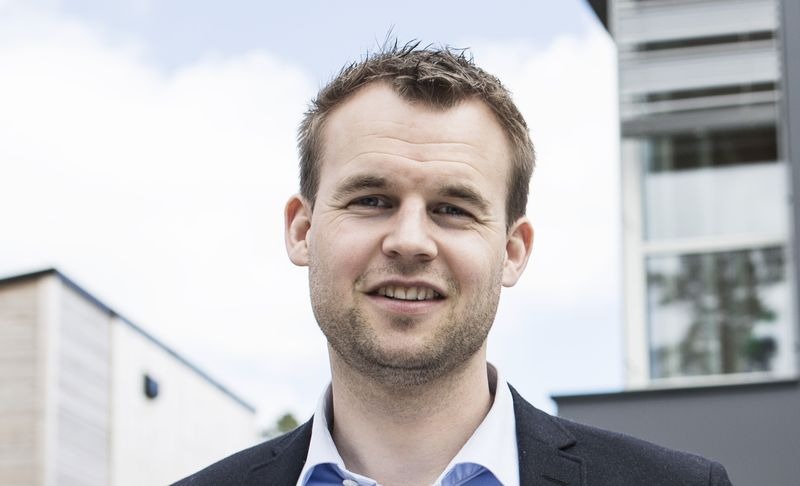– Vi er den første generasjonen som kan utrydde fattigdom og den siste som kan stoppe klimaendringene. Det er vår utfordring og vår felles forpliktelse, sa Kjell Ingolf Ropstad i sitt innlegg på Norads arrangement Hav for utvikling, der han deltok sammen med bl.a. FNs spesialutsending Peter Thomson. Les innlegget hans her (engelsk).

Dear all,
First of all I would like to thank Peter Thomson for so directly linking the agenda for clean oceans with our ability to reach the UN goals for sustainable development.
Let me be absolutely clear. If we are to end poverty – and we shall end poverty – we are totally dependent on that very link.
I have been given five minutes so I will try to stay brief, but let me comment on a few of the SDGs. (Substainable Development Goals).
Goal number 2 is to end hunger – Achieve food security and improve nutrition and promote sustainable agriculture.
It is a well-known fact that in my party, we hold our daily bread in high regard. I can assure you that that also goes for fish.
The Norwegian Fish for Development program is developed to address goal number 2, through three main components;
- Research and development
Education is of vital importance and an important element of Norway’s development policy in general, so we must build on this. - Resource management and legislation.
Norway has substantial expertise in these fields, and we want to make even greater use of this in our development policy - Business development is the third component.
Norway’s own experience shows that it is possible to make a good profit from the commercial use of fish and other marine resources.
Let me give an example;
Fish and seafood is not only feeding people, it is also a major source of income from many developing countries. 60% of the value of fish trade originates in developing countries.
And to put it in perspective – the income for developing countries from exporting fish, is larger than the income from all agricultural products put together!
There is no question, therefore, that the ocean is critical for development.
It means big numbers for the economy – and can mean even more in future if the right policies are put in place.
Let me just briefly comment on Goal number 14: Conserve and sustainably use the oceans, seas and marine resources for sustainable development.
Marine litter is an increasing problem internationally, eight million tons of plastic enter the ocean every year.
Many developing countries and fast-growing economies lack a proper system for handling waste.
The majority of waste in developing countries is handled by an informal sector dominated by women and children, doing waste picking, collection, sorting and sale of used materials. Waste is an important source of income for many poor but working in this sector also includes a great health risk.
Our governmental programs are therefore aimed at improving health, environment and safety in waste management. Improving the health of women and children, means that we ensure the health of future generations.
In all these efforts I cannot underline enough how important it is to include the informal sector and private organizations (NGOs) in solutions for more sustainable management.
I have many times quoted the UN Secretary General; We are the first generation that can end poverty – and the last that can end climate change.
In this lies the challenge – our common duty – and our commitment.
Let that be the end of my remarks.
